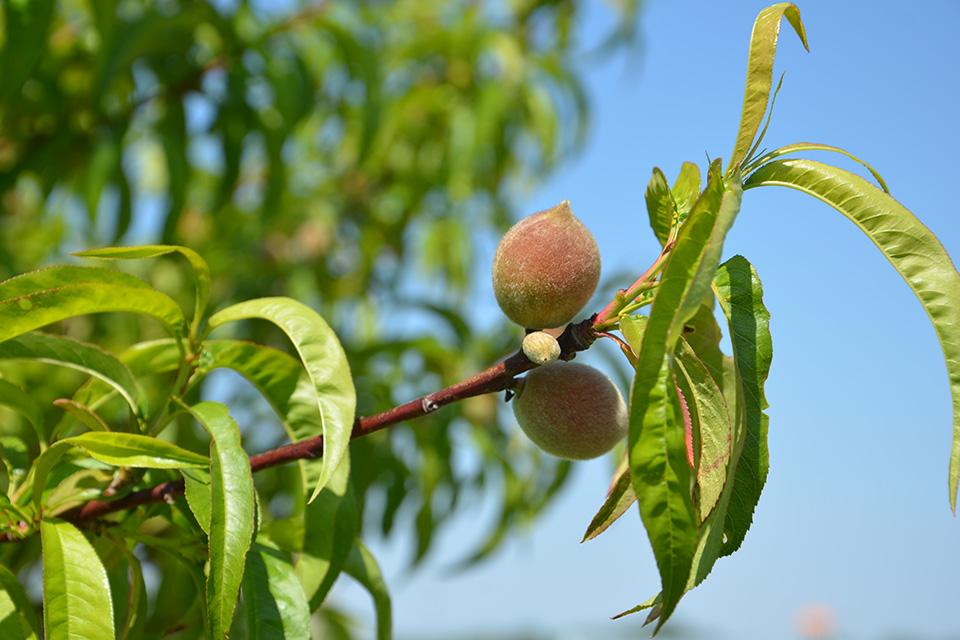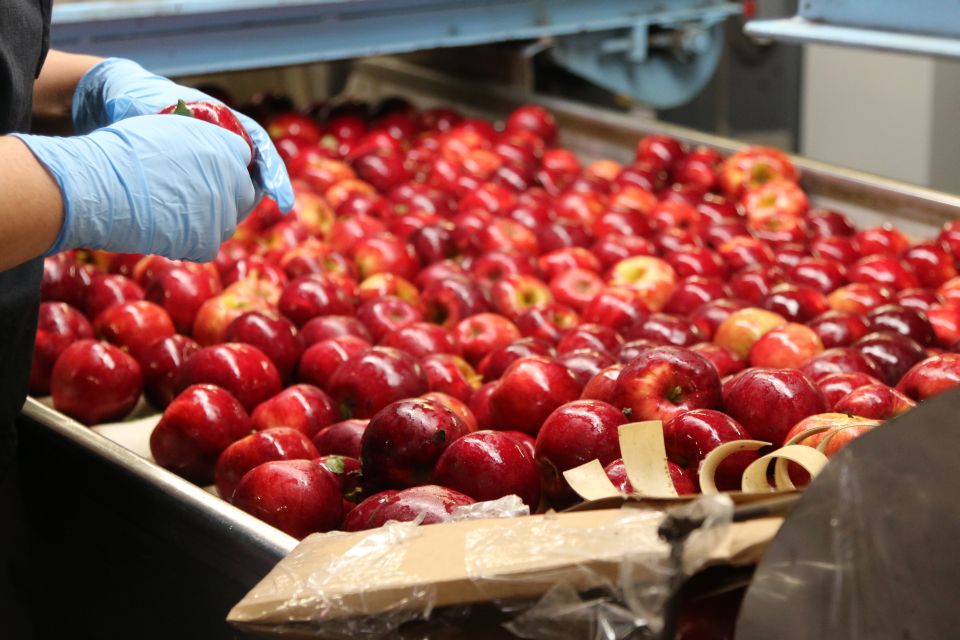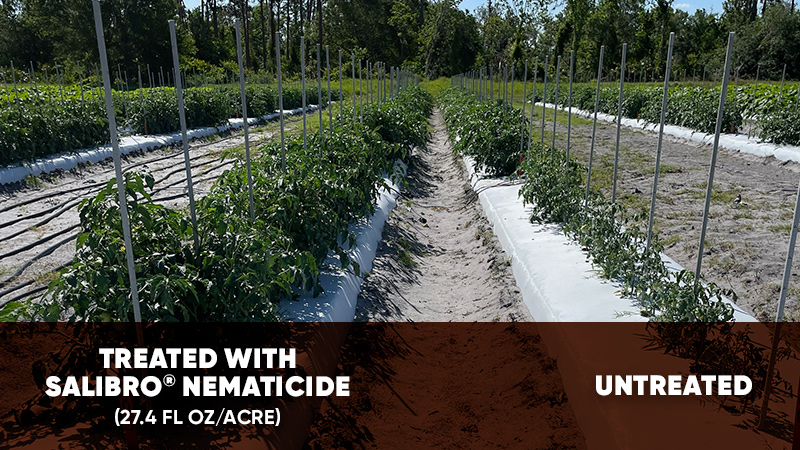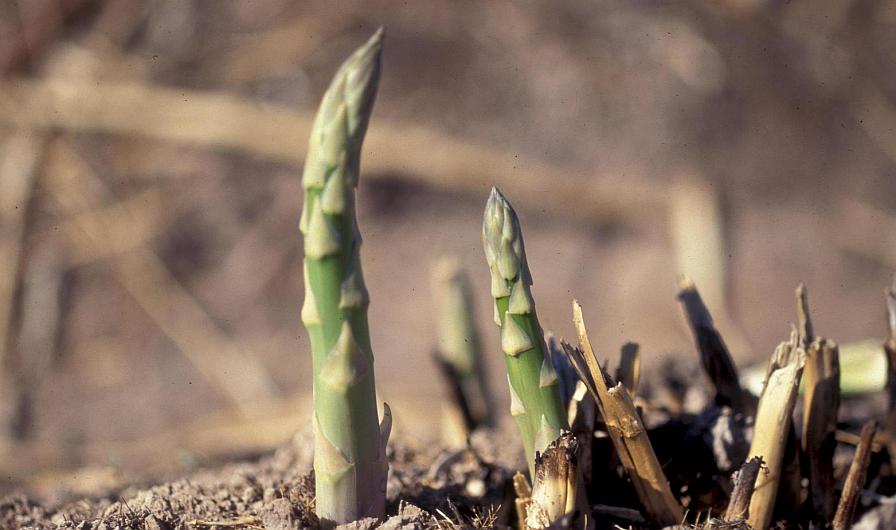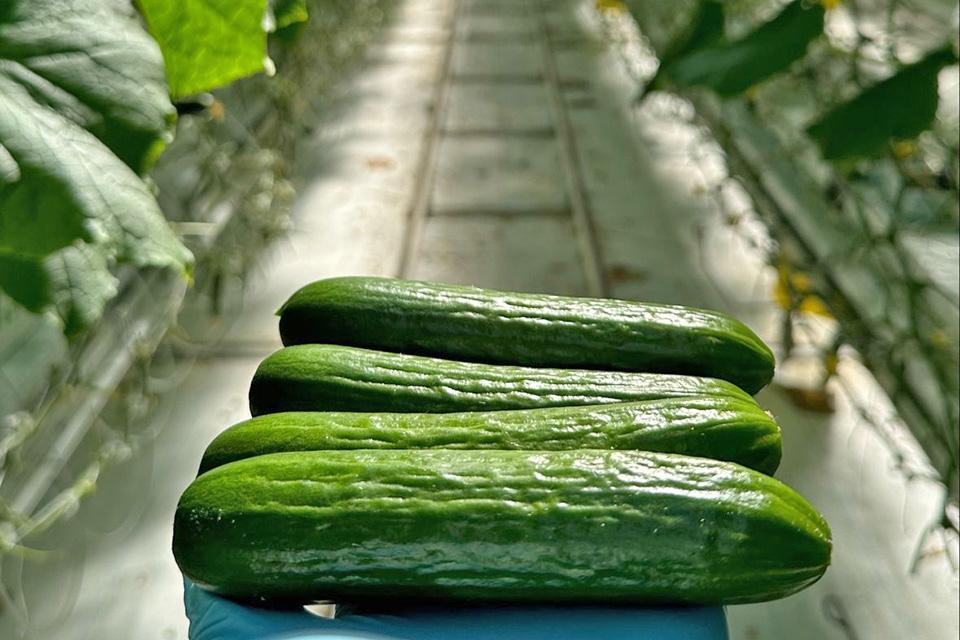Organic Farming’s Future
My e-mail In-box the other day contained a message from an outfit called The Organic Center that was touting a campaign called Mission Organic 2010. The campaign’s goal is to increase the current market for organicfood from 3% to 10% by the end of 2010. The little blurb concluded: “When consumers demand more organic foods, farmers and food companies will supply this growing demand. The result is healthier people and a healthier planet.”
I didn’t give it much thought after reading it, except for thinking that seemed like a wildly ambitious goal. I mean, 2010 is already here. But then another message popped into my In-box, and it really got me thinking about that organic campaign. A friend shared a story from the New York Times, in which the Times interviewed the chief executive of Syngenta Crop Protection, Inc., Michael Mack.
Apparently the interviewer had said something about organic food being better for the planet — the message of Mission Organic 2010 — and Mack took issue. “Organic food is not only not better for the planet,” he said, “it is categorically worse.”
The problem with organic farming, said Mack, is that it takes up to 30% more land, on average, than conventional farming, to get the same yield. If the world wants to feed its fast-growing population on existing cropland, and Mack emphasized that he doesn’t want to see forests chopped down, then productivity becomes a key factor. “If the whole planet were to switch to organic farming tomorrow,” he said, “it would be an ecological disaster.”
Like Driving An SUV
But Mack didn’t stop there. In an eloquent barb, he said that in terms of yields, organic farming is the “productive equivalent of driving an SUV.” The problem is that most people hold the “mistaken belief that natural is always better,” he said. Pesticides that help crops grow more efficiently “have been proven safe and effective and absolutely not harmful to the environment or to humans,” and have been certified as such by FDA and EPA.
Then Mack said something that I had never heard before that really clicked. If you pursue the “natural is always better” argument to the end, you don’t believe pesticides are safe, implying that you don’t trust the government’s findings. “Once you go down that path,” he said, “I don’t know where the guard rails are.”
I don’t know about you, but I think Mack makes a good case. You can’t have your organic cake — and preserve the world’s forests — and eat it too. What do you think? Leave a comment in the box below.




